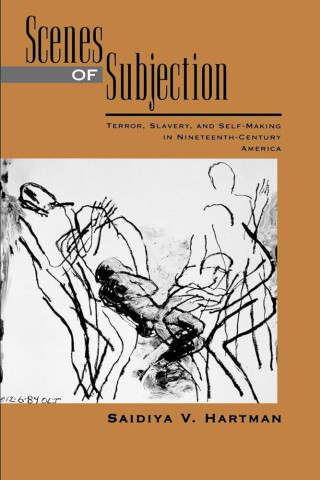“Harriet brings up a lot of questions about the purpose of slavery epics,” writes Vulture’s Angelica Jade Bastién in her review of the film. “Are they meant to entertain or to challenge?” This question became prevalent over the past decade — with social media came the conspicuous expectation that these films sell their stories with more care. “I’m tired of watching black people go through some of the worst pain in human history for entertainment,” Kara Brown wrote in 2016, expressing palpable fatigue with “the slavery genre” writ large. “When movies about slavery or, more broadly, other types of violence against black people are the only types of films regularly deemed ‘important’ and ‘good’ by white people, you wonder if white audiences are only capable of lauding a story where black people are subservient.” Kareem Abdul-Jabbar pondered the matter more recently in The Hollywood Reporter, concerned that a slavery film “desensitizes white people” to persistent inequality that pales in comparison to all the “beating, branding, raping and lynching” onscreen. It’s perhaps too convenient to consider Harriet an ideological capstone to the 2010s, but the question does feel especially present during the film, owing greatly to Lemmons and fellow writer Gregory Allen Howard’s restraint — as if they were guided by so much conversation over what a slavery epic ought not do.
Observing some of the biggest films in this genre over the past decade, what becomes clear are the specific limitations that come with representing slavery in epic fashion. Blockbusters demand spectacle, whereas slavery is disturbing for precisely the opposite: its regularity and normalcy. Like Harriet, the three biggest slave films of the 2010s — Django Unchained, Lincoln, and 12 Years a Slave — all attempt to show the mettle of their main characters against the background of American slavery. These films were fretted over and imbued with importance even before their releases, primarily owing to their subject matter. (The Birth of a Nation, despite significant critical problems, was on track to take up this mantle until the whispered of and eventually widely covered rape allegations of its co-writers.) Each falter in their own way, but they fail with enough panache, as if to ask, But are you not entertained?
